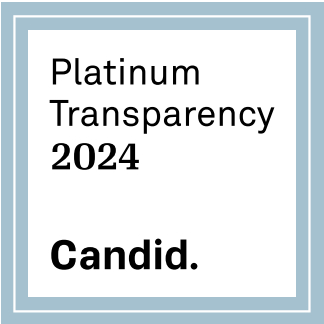Is there diet advice for Barrett’s Esophagus and GERD?
- Question
- I have GERD and was recently diagnosed with Barrett’s esophagus. I am working with my doctor to keep it under control. Is there any diet advice for Barrett’s esophagus? Also, I used to love eating chocolate but now avoid it as it provokes heartburn. Is it OK to eat carob as a substitute for chocolate?
- Answer
-
It is interesting that there are very few rigorously performed scientific studies that demonstrate which foods worsen gastroesophageal reflux disease (GERD). Some foods have been shown to increase gastric acid production, while others relax the lower esophageal sphincter (LES), the muscle at the bottom end of the esophagus.

Chocolate has been shown to lower the LES pressure and increase acid reflux for a short period of time after ingestion. Carob has never been formally studied in adults. However, it has been shown that infants have less reflux when they are given thicker formulas. When carob bean gum is used as the thickener it decreases acid reflux. It would appear that carob may be safe for heartburn sufferers, as a chocolate alternative.
I like to use a common sense approach when making dietary recommendations. It is important to avoid overeating. Large meals distend the stomach and increase gastric acid production. Patients with GERD should not eat late, as eating within 2–3 hours of bedtime increases acid reflux at night.
Specific foods such as caffeine, citrus juice, sodas, chocolate, fried foods, fatty foods, peppermints, tomato sauces, or alcohol may aggravate reflux. However, it seems impractical to completely avoid all of these foods. Patients should avoid overindulging in these foods. They should also avoid foods on this list (and any others not on the list) that make their heartburn worse.
The common sense approach may need to be modified for some patients. Patients with Barrett’s esophagus do not always feel the heartburn when they are refluxing. The same is true for some patients with asthma, chronic cough, or those with laryngeal pharyngeal reflux (LPR). While there is no special diet for these patients, a more vigilant approach to avoiding the foods mentioned above is warranted.
– J. Patrick Waring, MD
Adapted from IFFGD Publication: Do I Need Another Endoscopy? by J. Patrick Waring, MD, Digestive Healthcare of Georgia, Atlanta, GA.
Published in Digestive Health Matters, Vol. 18, No. 1.









